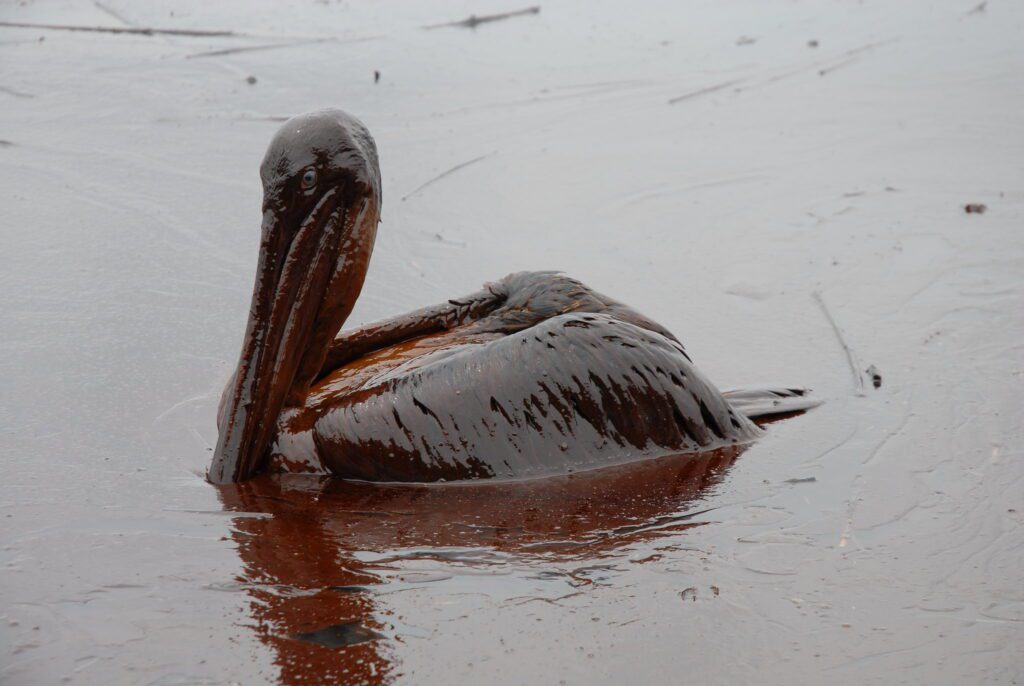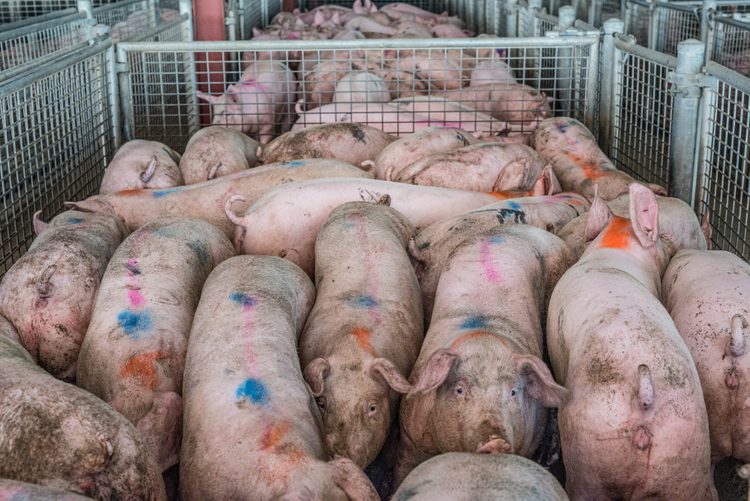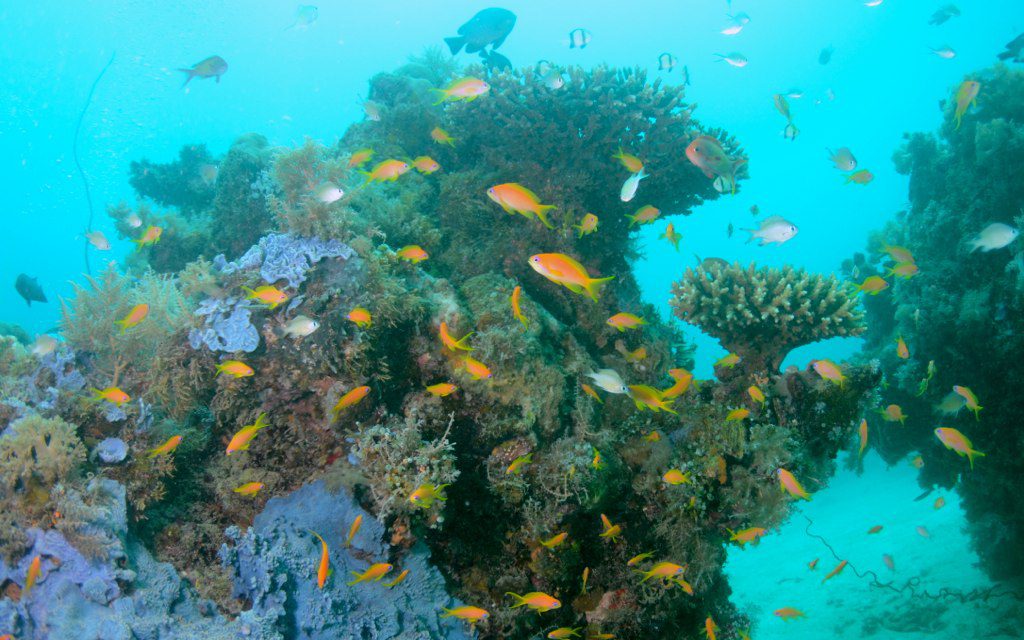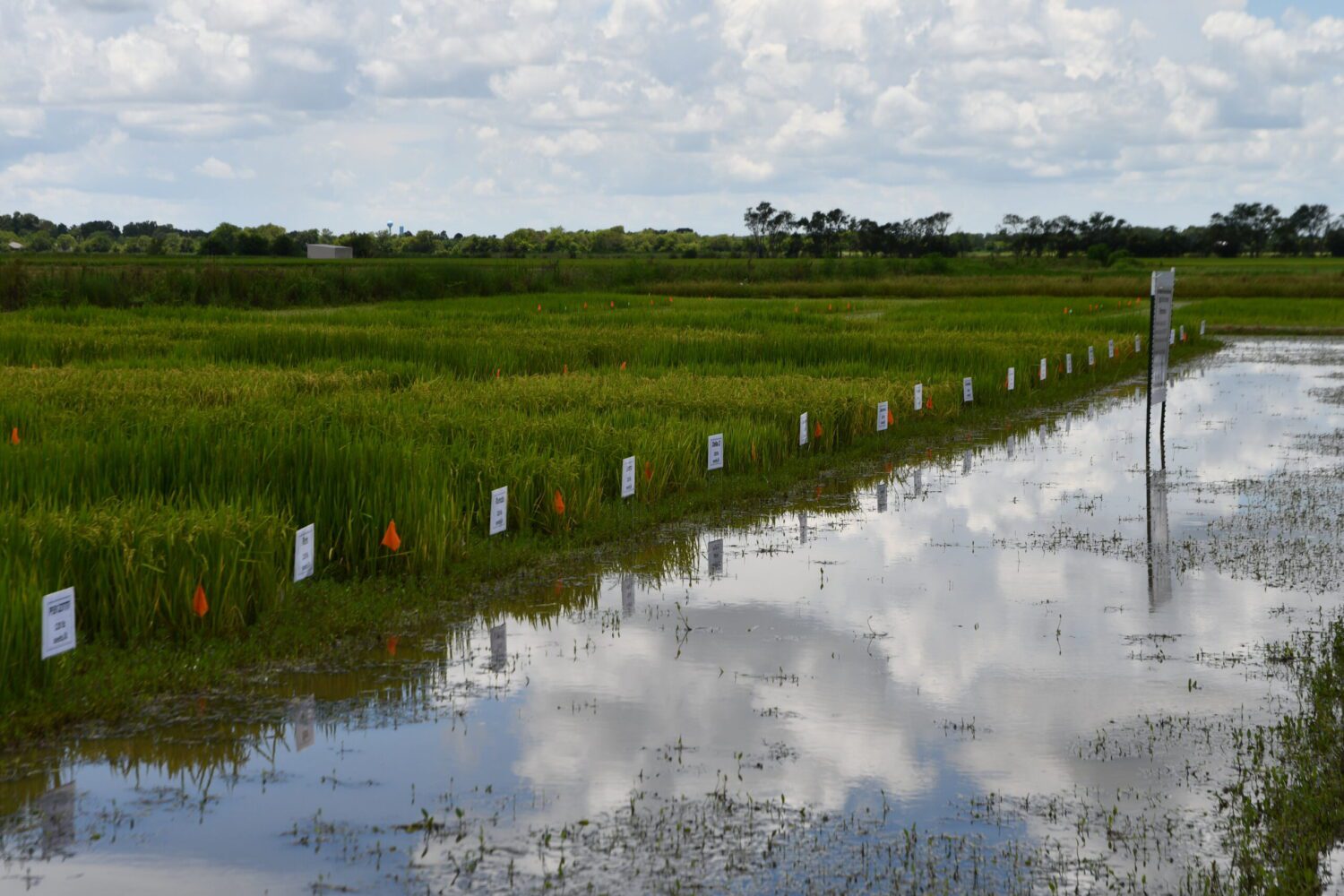


By Reynard Loki, Independent Media Institute
7 min read
In December 2019, at the International Criminal Court (ICC)’s annual Assembly of States Parties in the Hague, the Pacific island state of Vanuatu made an audacious proposal: Make ecocide—the destruction of nature—an international crime. “An amendment of the Rome Statute could criminalize acts that amount to ecocide,” argued Ambassador John Licht of Vanuatu, speaking on behalf of his government to the Assembly’s full plenary session. “We believe this radical idea merits serious discussion.”
The Rome Statute of the ICC, adopted in 1998, established four core international crimes: genocide, crimes against humanity, war crimes, and the crime of aggression—all of which are not subject to any statute of limitations. If campaigners have their way, ecocide would be the fifth international crime to be adjudicated by the ICC, making those who commit environmental destruction liable to arrest, prosecution and imprisonment.
Ecocide proponents want the law to cover the most egregious crimes against nature, which could ultimately include such massive abuses to the environment as oil spills, illegal deforestation, deep-sea mining, mountaintop removal mining, Arctic oil exploration and extraction, tar sand extraction and factory farming. In 2010, the late Polly Higgins, a British barrister and environmental lobbyist, defined ecocide as “extensive damage… to such an extent that peaceful enjoyment by the inhabitants of that territory has been or will be severely diminished.”
In 2017, Higgins and environmental activist Jojo Mehta founded the Stop Ecocide campaign. Overseen by the Stop Ecocide Foundation, a charitable organization based in the Netherlands, it is the only global campaign to exclusively focus on the establishment of ecocide as an international crime to prevent further devastation to the Earth’s ecosystems. “Protecting the future of life on Earth means stopping the mass damage and destruction of ecosystems taking place globally,” the group states on their website. “And right now, in most of the world, it is legally permitted.”
Vanuatu’s bold proposition was the first time a state representative made an official call for the criminalization of ecocide on the international stage since then-Swedish Prime Minister Olof Palme made the argument during his keynote address at the United Nations environmental conference in Stockholm in 1972. “The immense destruction brought about by indiscriminate bombing, by large scale use of bulldozers and pesticides is an outrage sometimes described as ecocide, which requires urgent international attention,” said Palme in his address. “It is shocking that only preliminary discussions of this matter have been possible so far in the United Nations and at the conferences of the International Committee of the Red Cross, where it has been taken up by my country and others. We fear that the active use of these methods is coupled by a passive resistance to discuss them.”
Regrettably, that passive resistance to discuss the immense destruction of nature at the hands of humanity has largely continued. Though nearly 200 nations have signed the Paris climate agreement, which was designed to avoid irreversible climate change by limiting global warming to “well below” 2° Celsius, the countries’ current commitments put the Earth on course to heat up between 3-4°C above the historic baseline by 2100. So far, the historic agreement has been a historic failure—a failure that inspired more than 11,000 scientists from 153 countries to sign a “World Scientists’ Warning of a Climate Emergency” declaration in January. “An immense increase of scale in endeavors to conserve our biosphere is needed to avoid untold suffering due to the climate crisis,” they warned.
“Had the protections [Palme] urged been fully adopted, our world would be a very different place today,” writes Peder Karlsson, a board member of End Ecocide Sweden, a Swedish-based network working to advance the idea of international ecocide legislation. “In Palme’s vision, an international regulatory system would have set limits to our destruction of nature, limits on human impact, limits to how one generation can take from the next.”
Higgins pointed out the illogical state of our current legal system, which shields perpetrators of crimes against nature: “We have laws that are protecting dangerous industrial activities, such as fracking, despite the fact that there is an abundance of evidence that it is hugely harmful in terms of carbon emissions, biodiversity loss, and the catastrophic trauma it can cause communities that are impacted by it.”
“The rules of our world are laws, and they can be changed,” she said in 2015. “Laws can restrict or they can enable. What matters is what they serve. Many of the laws in our world serve property—they are based on ownership. But imagine a law that has a higher moral authority … a law that puts people and planet first. Imagine a law that starts from first do no harm, that stops this dangerous game and takes us to a place of safety.”
While the ecocide movement was dealt a blow when Higgins died last year after a battle with cancer, it is picking up speed, aided not only by Vanuatu’s proposal last year but also by high-profile supporters like French president Emmanuel Macron, who said, “The mother of all battles is international: to ensure that this term is enshrined in international law so that leaders … are accountable before the International Criminal Court.”
Environmental protection is becoming more of a concern among the general public, many of whom take a dim view of inaction by elected leaders. A Pew Research Center poll published in June found that a majority of Americans now believe that the government should do more to protect the climate, wildlife, and air and water quality. Three-quarters want the U.S. to generate all of its electricity from renewable sources within 15 years, according to a poll conducted by the Guardian and Vice in the run-up to the November election. On Saturday, as world leaders marked the fifth anniversary of the Paris climate accord, UN Secretary-General Antonio Guterres called on every country to declare a “climate emergency.”
And people are warming to the idea of criminalizing the destruction of nature, with more than 99% of the French “citizens’ climate assembly,” a group of 150 people randomly selected to help guide the nation’s climate policy, voting to make ecocide a crime.
“If something’s a crime, we place it below a moral red line. At the moment, you can still go to the government and get a permit to frack or mine or drill for oil, whereas you can’t just get a permit to kill people, because it’s criminal,” said Mehta. “Once you set that parameter in place, you shift the cultural mindset as well as the legal reality.”
“The air we breathe is not the property of any one nation—we share it,” Palme said in his 1972 address. “The big oceans are not divided by national frontiers—they are our common property. … In the field of human environment, there is no individual future, neither for humans nor for nations. Our future is common. We must share it together. We must shape it together.” Nearly half a century later, Palme’s words still ring true. And the rampant destruction of nature continues, going unpunished. The growing ecocide campaign could change that.
Greta Thunberg, the Swedish teenager who has become the face of the international youth climate movement, called for a shift in our legal system when it comes to the environment. “We will not save the world by playing by the rules. We need to change the rules.”
- Sign the petition calling on world governments to support making ecocide an international crime.
Cause for concern…

“If I wanted to design a means to select for the most dangerous pathogens imaginable, I would probably do it along the lines of how hog farms are actually operated now,” Robert Wallace, author of “Dead Epidemiologists: On the Origins of COVID-19” and “Big Farms Make Big Flu: Dispatches on Influenza, Agribusiness, and the Nature of Science,” told VICE. “If you have several thousand hogs packed in together and they’re all genetically largely the same, that selects for the most virulent pathogens that are possible.”
- The next pandemic could come from an American factory farm (Valerie Kipnis and Joe Hill, VICE)
- Climate racism is real: Researchers found it in U.S. cities (Chelsea Harvey, E&E News)
- Oil and gas leases on federal public lands in California were put up for auction for the first time in eight years (The Associated Press)
- Snow leopards are the latest cats to be infected with the coronavirus (James Gorman, The New York Times)
- California’s ancient redwoods face new challenge from wildfires and warming climate (Eric Westervelt, NPR)
Round of applause…

“A recent study has uncovered a small area off the coast of Kenya and Tanzania harboring a vast array of ocean life,” reports the World Conservation Society. “Labeled a jewel of biodiversity by researchers, the reef complex is located in a rare ocean cool spot that is helping to protect large populations of corals and marine mammals from the devastating impacts of climate change.”
- Rare climate refuge for coral reefs discovered off the coast of Kenya and Tanzania (World Conservation Society)
- For Biden’s economic team, an early focus on climate (Jim Tankersley and Lisa Friedman, The New York Times)
- New York’s $226 billion pension fund is dropping fossil fuel stocks (Anne Barnard, The New York Times)
- Bowhead whale populations have rebounded and are nearing pre-commercial whaling numbers in U.S. waters (Rachel Fritts, The Guardian)
- Vegan scientists working with microbes to create animal-free meat substitutes (Cowboy State Daily)
Parting thought…

“Natural farming is more than just a revolution in agricultural techniques. It is the practical foundation of a spiritual movement, of a revolution to change the way man lives.” —Masanobu Fukuoka
Earth | Food | Life (EFL) explores the critical and often interconnected issues facing the climate/environment, food/agriculture and nature/animal rights, and champions action; specifically, how responsible citizens, voters and consumers can help put society on an ethical path of sustainability that respects the rights of all species who call this planet home. EFL emphasizes the idea that everything is connected, so every decision matters.
Click here to support the work of EFL and the Independent Media Institute.
Questions, comments, suggestions, submissions? Contact EFL editor Reynard Loki at [email protected]. Follow EFL on Twitter @EarthFoodLife.